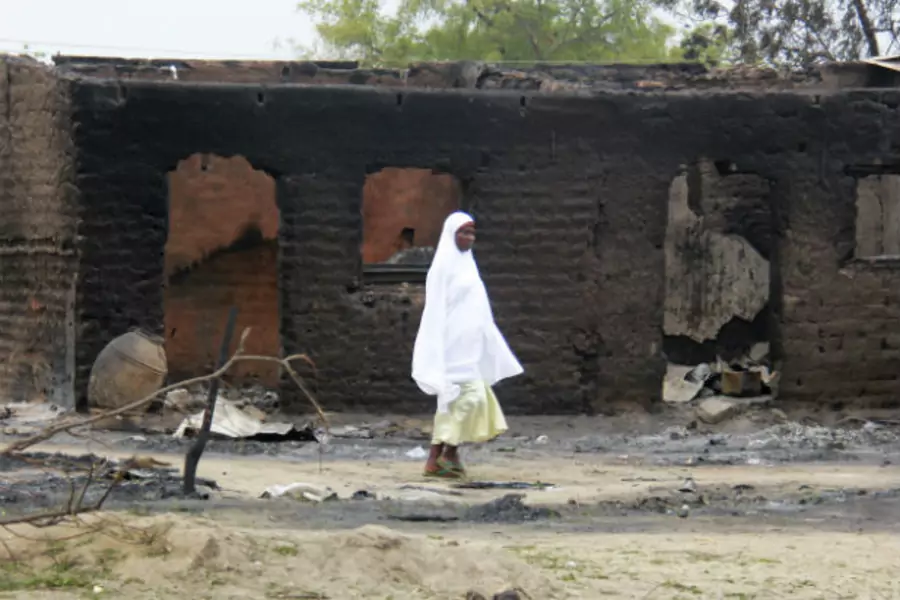More on:
President Jonathan announced last week that some “Boko Haram” captives will be released. The first will be women and children. The Jonathan administration is saying that the release is on the recommendation of the Presidential Committee on Dialogue and Peaceful Resolution of Security Challenges in Northern Nigeria—the committee established by the president to explore modalities for talks and an “amnesty” for Boko Haram. Those released will be handed over to their governors “for further rehabilitation before the suspects were released to their respective community leaders and relations.”
Various Islamist spokesmen have long called for the release of their imprisoned women and children. Recently, Islamists have carried out high-profile kidnapping of women and children to bring pressure on the government. Some of these hostages were allegedly rescued over the weekend from Sambisa forest in Borno state as part of the ongoing state of emergency.
As Abuja steps up military pressure associated with the state of emergency in Borno, Yobe, and Adamawa, the prisoner release would appear to be a significant carrot. The Movement for the Emancipation of the Niger Delta (MEND) announced that it has suspended its “Operation Barbarossa,” attacks on mosques "and other related agencies of religious intolerance” to encourage “genuine dialogue.”
Prisoner release is to be welcomed on humanitarian grounds—prison conditions in Nigeria are very bad. It is also to be welcomed because it may, in fact, encourage dialogue between the federal government and some of the Islamists.
More on:
 Online Store
Online Store
